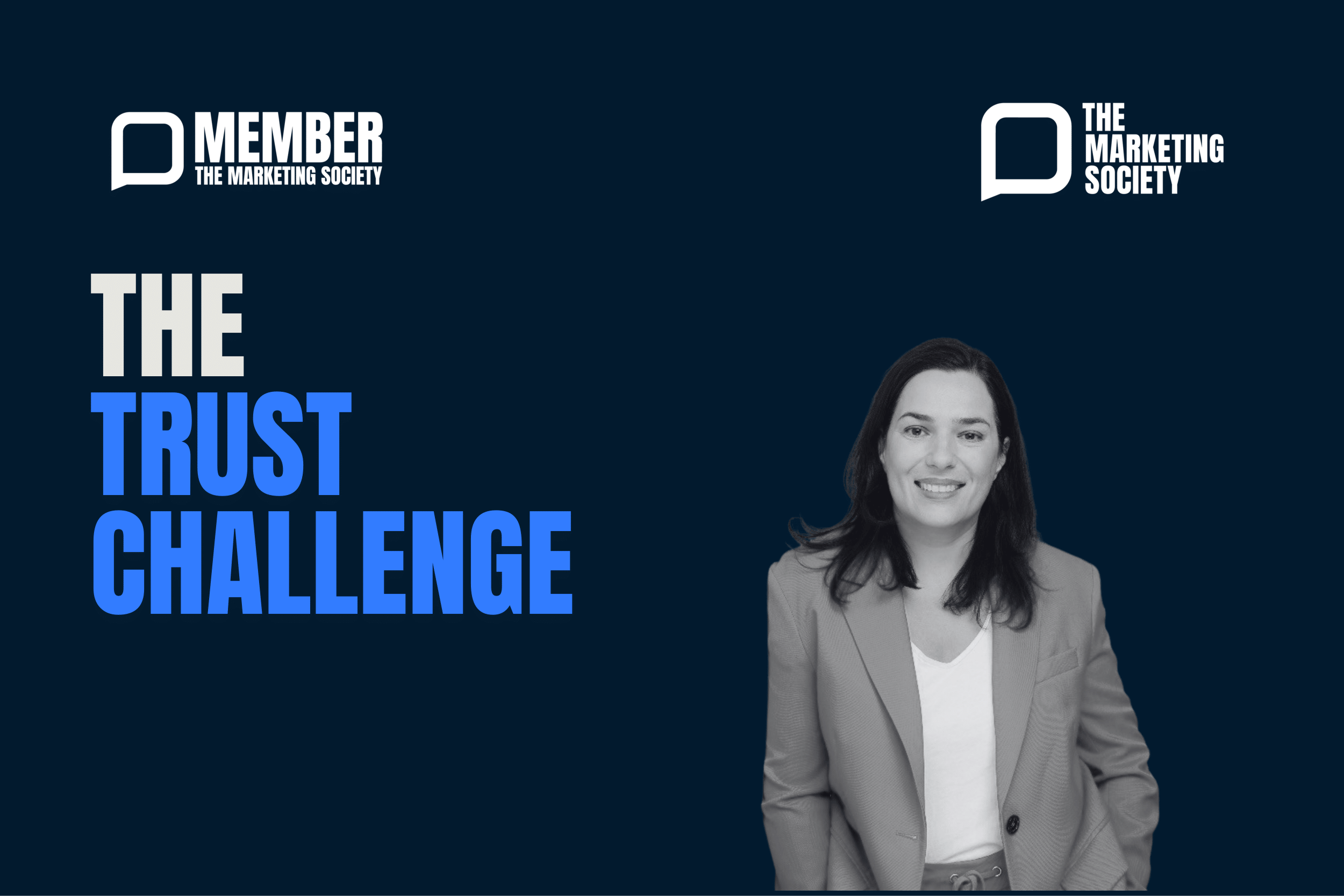As marketing leaders, building trust is an essential part of our role. If we are to deliver on the true potential of marketing, to lead the long-term commercial growth agenda of our organisation, we need our board, executive team, peers and teams to trust us as a function, as leaders and as individuals. This trust extends to the decisions we make and the actions we take.
Trust doesn’t happen overnight, it develops when three key elements are in place: authenticity, ability, and empathy.
Members please log in to read the full article.
Members only
Not a member yet?
Want to read more of this article and others? Become a member today.
Already a member?
Sign in with your membership details to continue reading this article.
